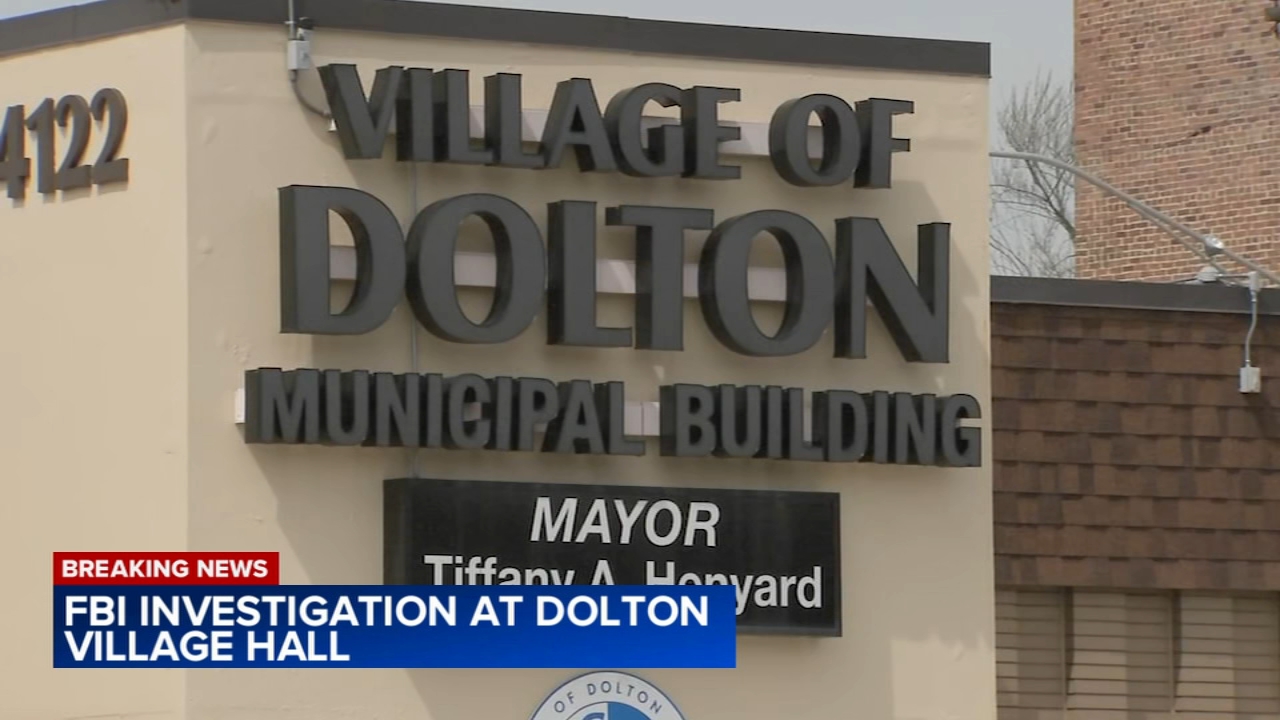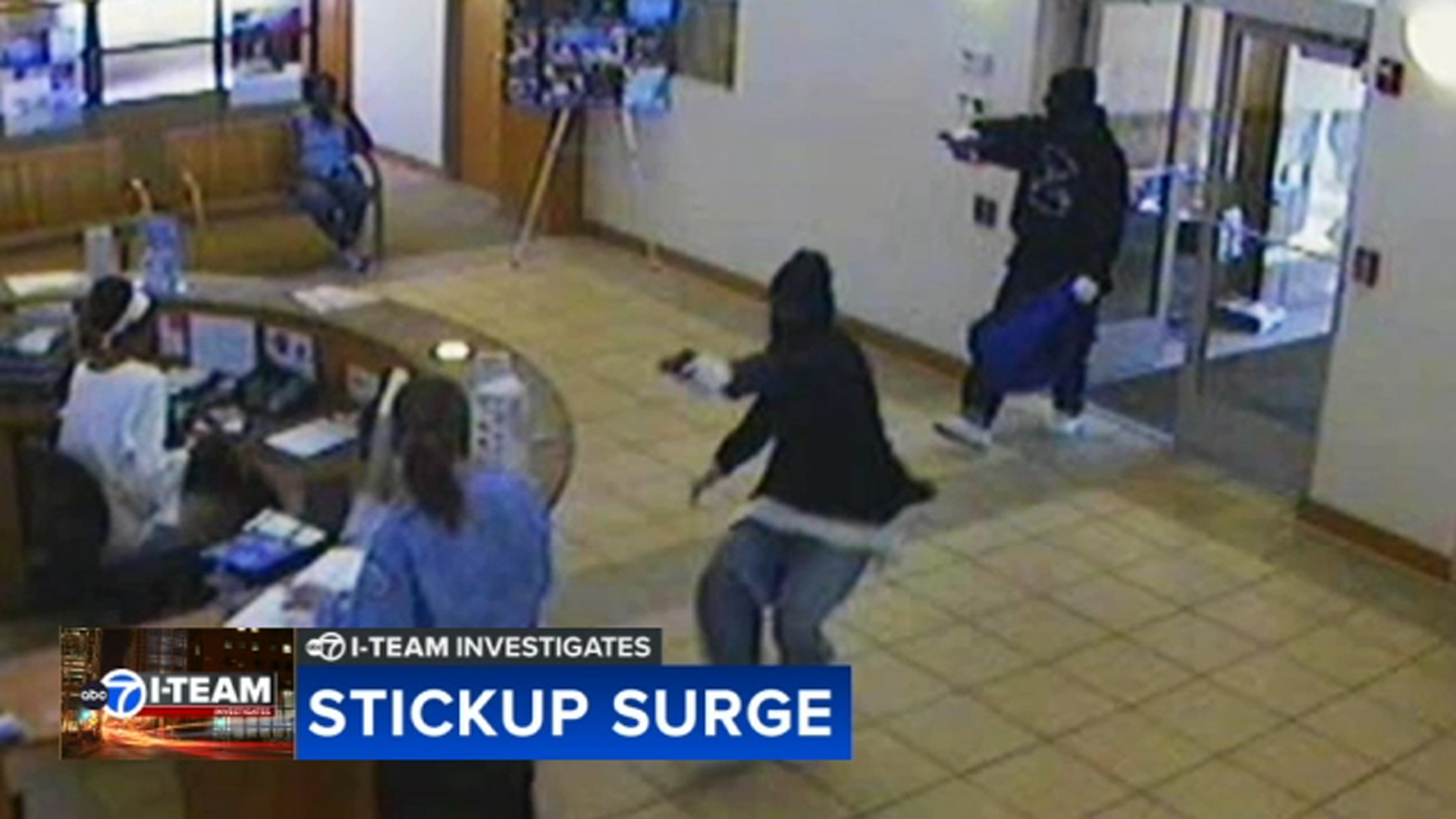Far from back to normal for most of retail industry, still hurt by coronavirus closures

SCHAUMBURG, Ill. (WLS) -- The Tru Bleu women's boutique has been able to welcome customers back inside for several weeks, but it is still far from business as usual.
The boutique survived to this point on delivery and curbside sales, but it's has been a struggle.
"Since mid-March I've been questioning should I close? But I don't t... I love my business," said Jennifer McCloskey, the owner.
McCloskey is not alone.
While many retail businesses were able to reopen at the start of Phase 3 in early June, experts said it is far from back to normal for most of the retail industry.
The head of the Retail Merchant's Association said the industry is on life support.
"People think just because you're open that it's back to normal. But that's just not true," he said "The consumer hasn't returned to normal shopping patterns."
The association predicts it will be several years before most businesses recover financially from the pandemic.
Many businesses will likely not survive at all, they said.
Tennis 27 in Schaumburg lost three months of prime time for the sport this year, when school teams and tournaments were cancelled.
"Summer is when we should make our money," said owner Weronika Sopierz.
She said business is down 40% from last year.
Lynn's Beauty Supply in Elgin has a loyal customer base and is slowly recovering, but it remains a challenge.
"Before when we shut down, with no income, it was hard to run a business," she said.
In order to help businesses survive, the Retail Merchant's Association is lobbying a number of state initiatives, including delaying the minimum wage increase.
The minimum wage increased to $10 an hour two weeks ago and is set to increase to $11 on January 1.
They asked the state to defer collecting sales tax and property taxes.
Otherwise, he says the state's future is bleak.
"If we're not standing up, the state is looking at cataclysmic revenue problems for years to come," said Karr.









